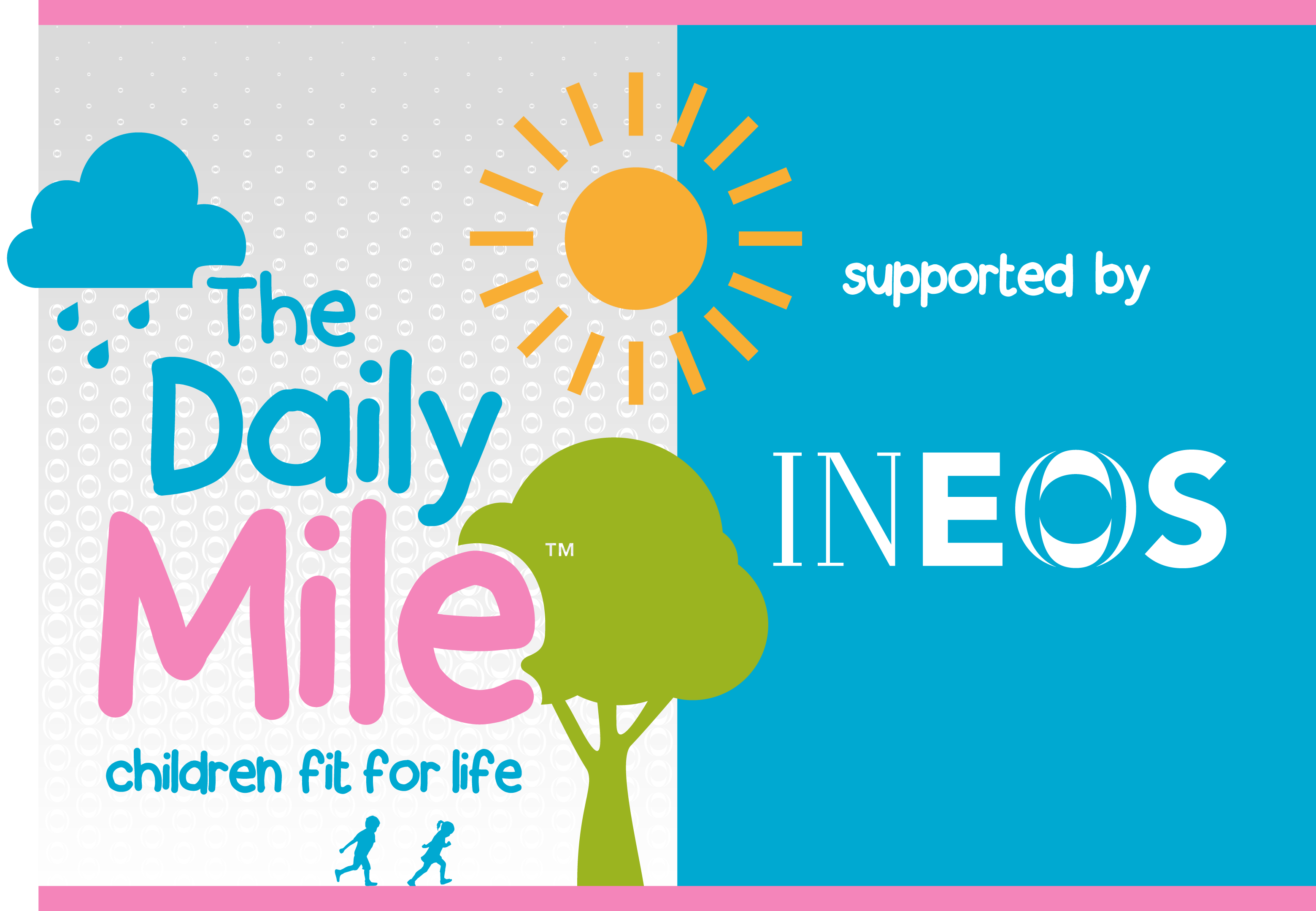WE MUST GIVE CHILDREN ACCESS TO DAILY PHYSICAL ACTIVITY
WE MUST GIVE CHILDREN ACCESS TO DAILY PHYSICAL ACTIVITY
As we reflect on Children’s Mental Health Week (5th – 11th February), my overriding thoughts and focus is on the responsibility we have to ensure children are provided with access to daily physical activity. We know that children that are physically active on a regular basis will have better mental health, and with 1 in 5 children and young people having a probable mental health condition, which many will take into their adult lives, it is essential that we act now. This is the core of The Daily Mile and our vision of a world where every child can enjoy the benefits of physical activity. Throughout Children’s Mental Health Week, we showcased stories about schools, teachers and support staff using The Daily Mile to support the mental health of their children.
This included Marianne Wheeler, a Mental Health Lead at Crabtree Junior School in Hertfordshire who told us, ‘I believe in establishing habits for life. The Daily Mile is a simple routine for our children at school, but it might be the foundation for a lifetime of staying active’.
A teacher at St Michaels Junior Church School in Somerset, shared that, ‘The Daily Mile is crucial to our provision, contributing to pupils’ active minutes per week, developing our sense of school community and enabling same-day-intervention for teachers’.
I had the privilege of visiting two schools in different communities in England during Children’s Mental Health Week to gain a deeper understanding of how The Daily Mile contributes to school life and the health and wellbeing of their pupils. Both St Georges C of E Primary School in Salford, Manchester, and Boxmoor Primary School in Hemel Hempstead, Hertfordshire are in underserved communities, supporting children and families with multiple challenges. I came away from these visits energised and proud about what I had witnessed in both schools, which included:
- The Daily Mile had become part of the school culture and engrained in the school day – ‘It is just what we do at our school’.
- The children truly loved participating in their Daily Mile activity, and whatever their sporting prowess or physical abilities, they took great pride in their achievements. The inclusivity of The Daily Mile was tangible.
- As well as the obvious physical health benefits, school leaders and teachers valued The Daily Mile for the broader impact it has on their children’s happiness, ability to concentrate in class, and general behaviour at school.
The Daily Mile Foundation and our many likeminded partners have achieved considerable success to date in helping schools create active environments for their children. However, we know that less than half (47%) of children are currently meeting the UK Chief Medical Officer’s target of a minimum of 60 minutes of physical activity daily. Due to The Daily Mile being free and simple to implement and therefore scalable and sustainable, my experiences at my recent school visits give me great hope that we will be able to close this gap in the months and years ahead.
Gordon Banks
Global Director, The Daily Mile Foundation
If your school would like to register for The Daily Mile then please click here for more information.







